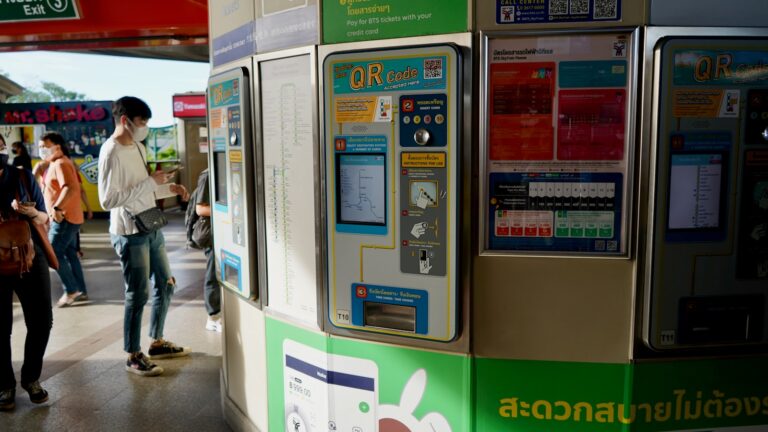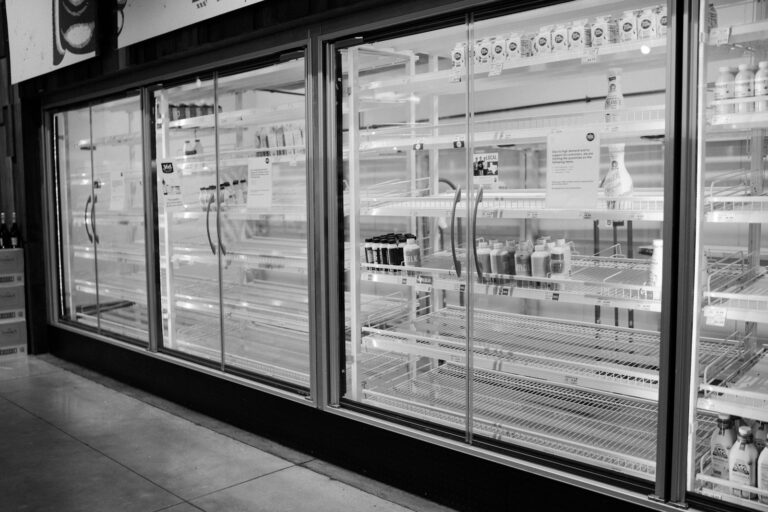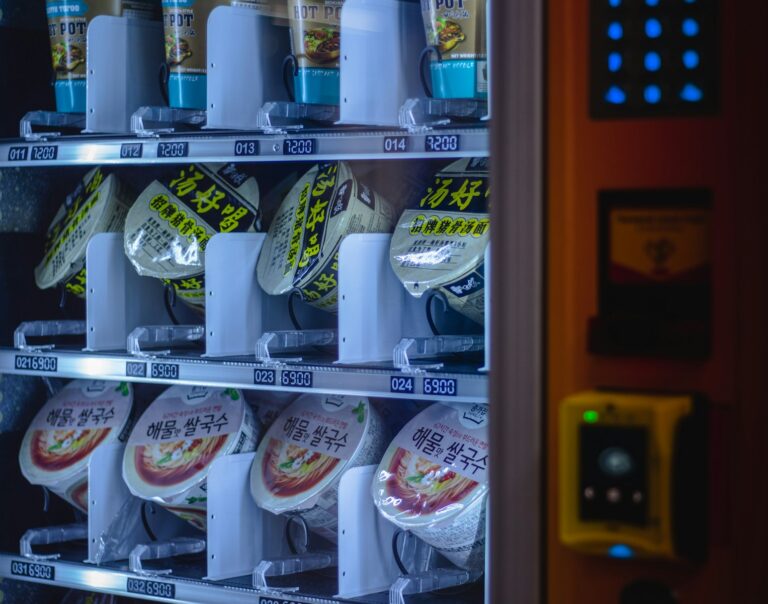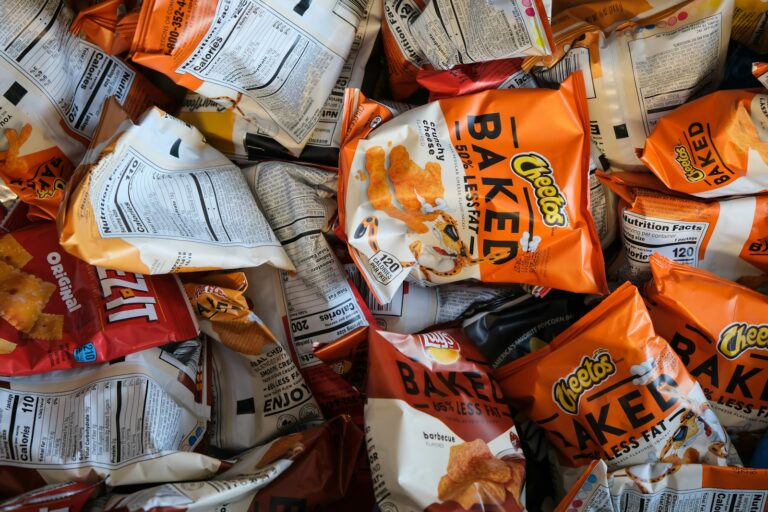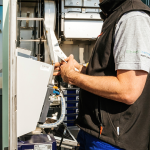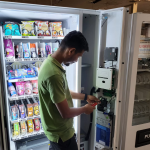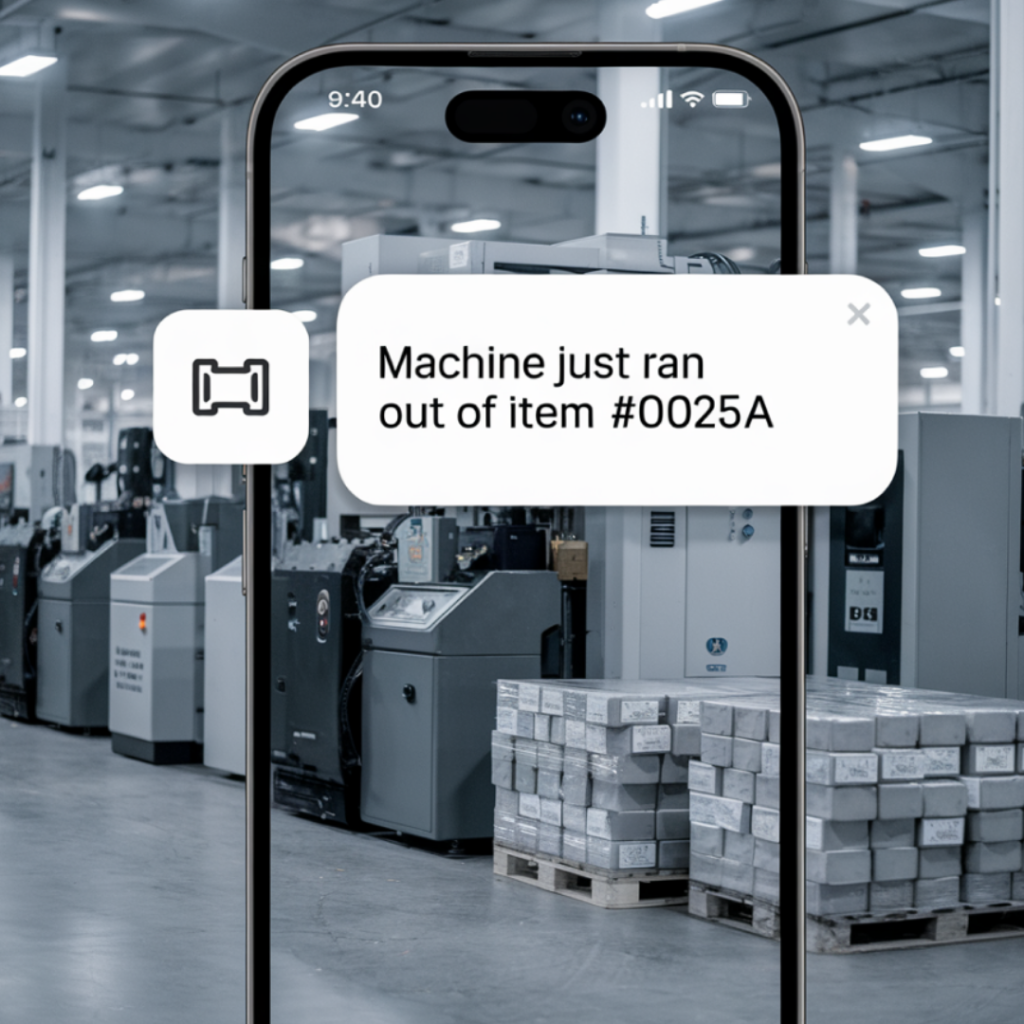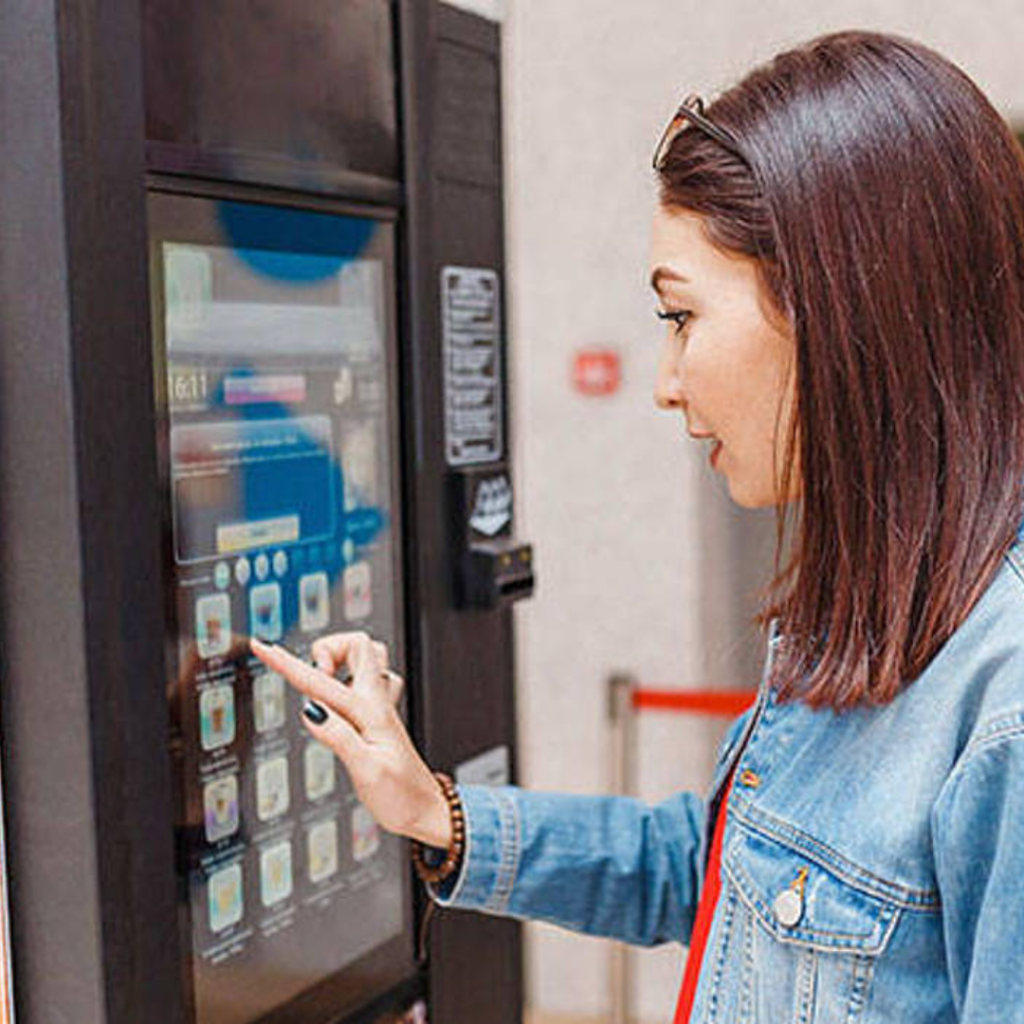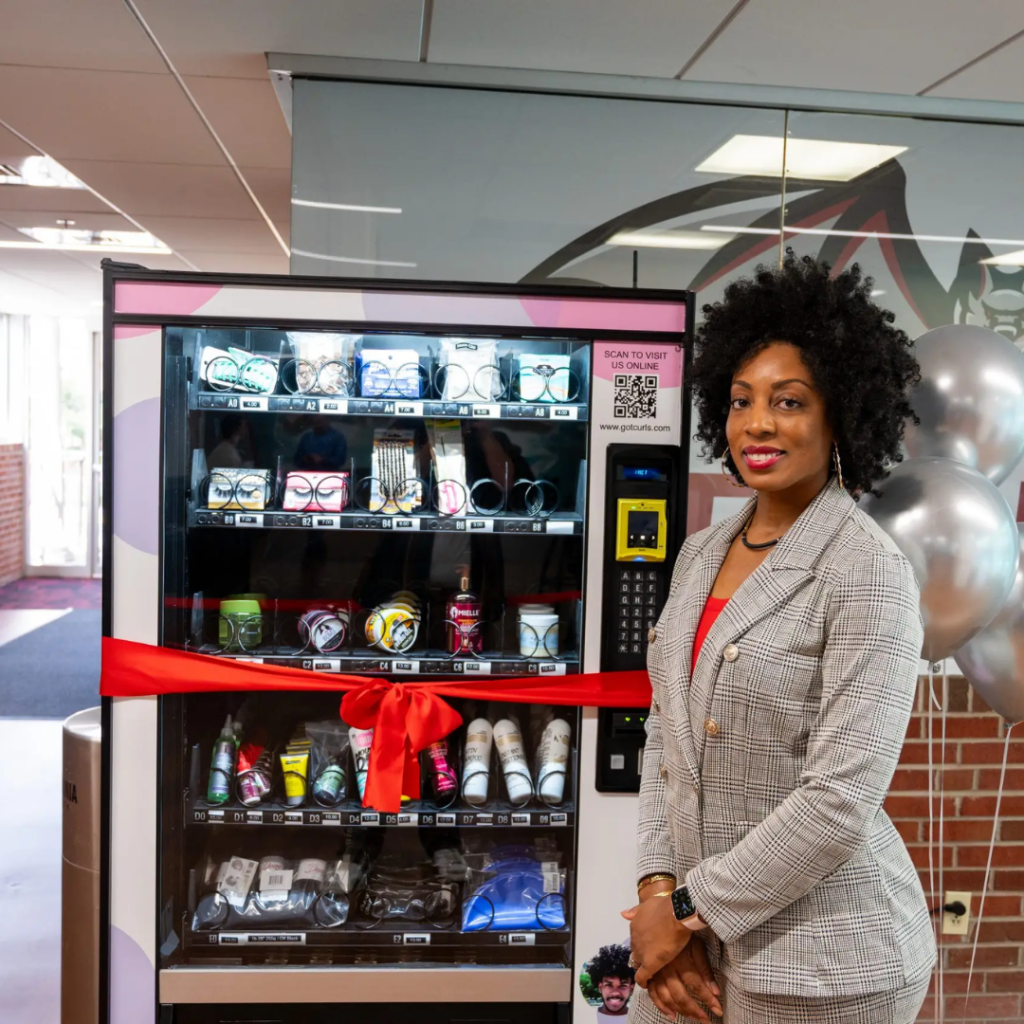Export ready American built machines in stock, shipping from Miami
MDB and DEX in Vending Machines: Complete Guide for Operators
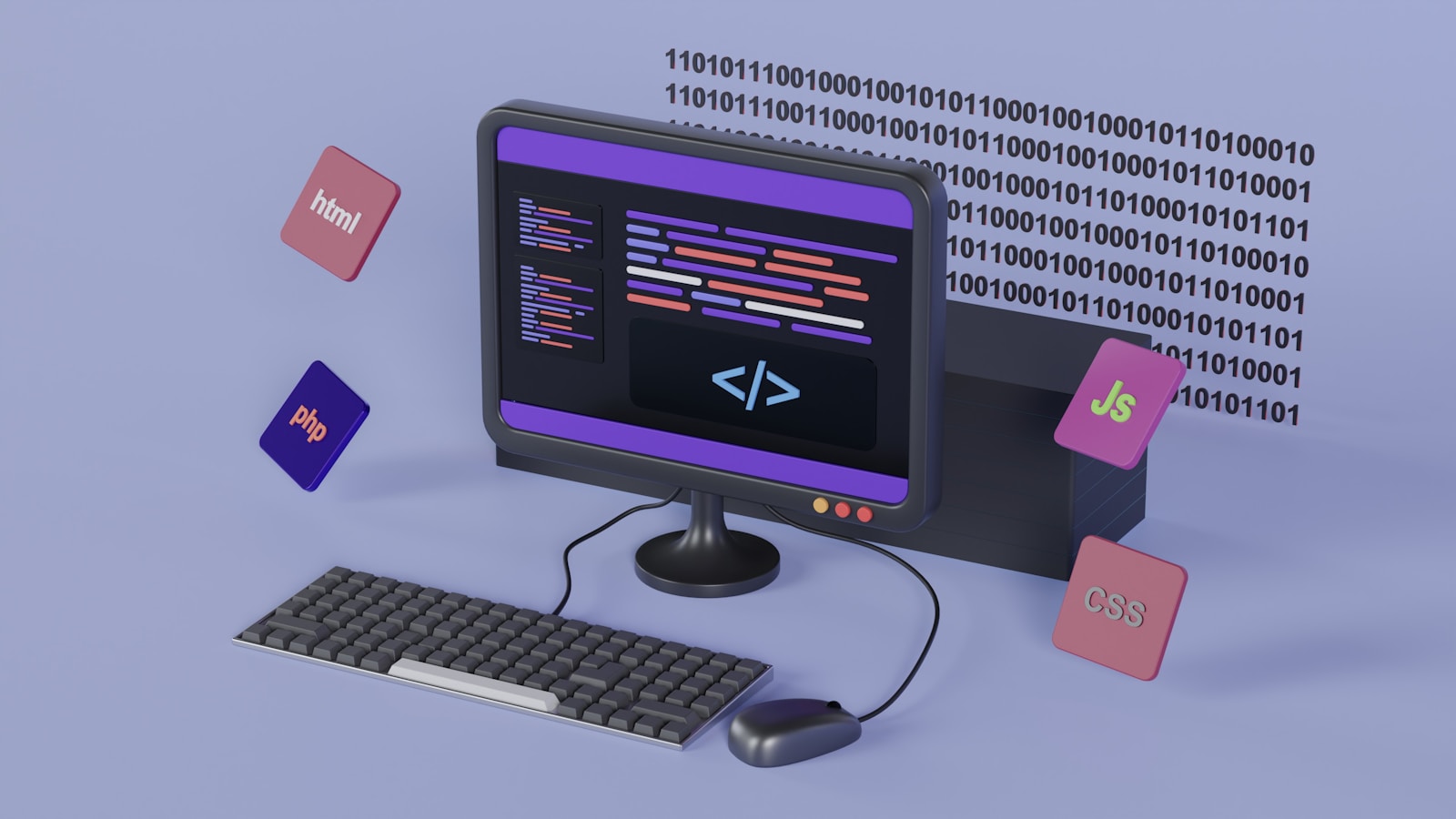
Introduction
Modern vending is not just about stocking chips and soda. The industry now relies on standards that make machines smarter, more flexible, and easier to upgrade. Two of the most important standards are MDB (Multi Drop Bus) and DEX (Data Exchange). MDB controls how payment systems connect to the vending machine. DEX manages how audit and sales data are collected. Together, they form the backbone of modern vending operations. Without MDB and DEX, operators would struggle to accept cashless payments, track sales, or plan restocks effectively.
Customers often do not realize it, but these standards are what allow them to tap a card, pay with a mobile wallet, and buy a product in seconds. Operators depend on them as well, because MDB and DEX make machines easy to upgrade and keep profitable for years. Every vending machine from VMFS USA is fully compatible with MDB and DEX, which means our operators can add new payment options or integrate advanced reporting tools at any time. This flexibility is why standards matter: they protect your investment and allow your business to grow without replacing entire machines.
What Is MDB?
MDB (Multi Drop Bus) is the global standard that defines how vending machine controllers communicate with peripherals such as coin mechanisms, bill validators, and card readers. It was first developed in the 1990s and has since become the universal language of vending. If a device is MDB-compliant, it can plug into an MDB-ready machine and work right away, regardless of brand. That makes MDB the foundation of compatibility across the industry.
How MDB Works in Practice
- The vending machine’s main board (VMC) acts as the master controller.
- Peripheral devices — coin mechs, bill validators, cashless readers — act as slaves on the bus line.
- Standardized electrical wiring and commands allow the master to “ask” for information (credit, inserted money) and peripherals to “answer.”
- The VMC then decides if the vend should be allowed based on credit and product price.
With MDB, the conversation between controller and peripherals follows the same rules, regardless of the vendor. This allows operators to mix and match hardware from different suppliers without compatibility issues.
Key Benefits of MDB
- Universal compatibility: Any MDB-compliant validator or reader works with any MDB-ready machine.
- Easy upgrades: Adding contactless or mobile payment options requires plugging in a new MDB device, not buying a new machine.
- Flexibility: Operators can adapt quickly as consumer payment habits change.
- Lower costs: Extends machine lifespan by avoiding full replacements when upgrading payment methods.
Examples of MDB Use
An operator may begin with cash-only machines, using MDB-enabled coin and bill validators. As cashless demand grows, the operator can later add an MDB card reader or mobile wallet terminal. Because MDB is standardized, the upgrade requires no custom wiring or new machine. It is a simple, plug-and-play process that ensures machines stay relevant for years.
For a closer look at how VMFS integrates cashless solutions, see our payment systems.
What Is DEX?
DEX (Data Exchange) is the standard that defines how vending machines record and share operational data. It collects sales, meter readings, errors, and event logs in a structured format. Operators can then download this data via a handheld device or transmit it remotely through a telemetry unit. Where MDB ensures a machine can complete a payment, DEX ensures operators know exactly what happened afterwards.
Types of Data Collected by DEX
| Category | Examples of Data |
|---|---|
| Financial | Total cash collected, card payments, refunds issued |
| Inventory | Number of items sold per selection, stock levels |
| Operational | Door openings, service events, machine errors |
| Audit | Meter readings, timestamps, route ID information |
Why DEX Matters
- Transparency: Creates a verifiable record of sales, useful for accountability with clients or partners.
- Efficiency: Tells operators what to stock before they arrive, reducing wasted trips and truck space.
- Accuracy: Replaces manual counts with digital records, cutting down on errors and disputes.
- Flexibility: Works with different telemetry providers and route management software thanks to its standardized format.
DEX turns a vending machine into a source of business intelligence. Instead of guessing what sells or relying on manual counts, operators know exactly what products perform best and when restocks are needed.
MDB vs DEX: The Simple Difference
MDB and DEX are often mentioned together, but they serve different purposes. The MDB standard manages the real-time conversation with payment devices, while DEX serves as the historical record of transactions. When combined, they provide operators with both live functionality and reliable reporting, making vending machines efficient and accountable.
| Standard | Main Function | Operator Value | Example |
|---|---|---|---|
| MDB | Communication with payment devices | Supports validators, card readers, and mobile wallets | Adding a cashless reader to an existing machine |
| DEX | Data collection and reporting | Provides audit logs, sales data, and restock needs | Tracking top-selling products on a campus route |
How They Work Together
- MDB ensures the machine can accept payment and complete the vend.
- DEX records that vend and stores the information for operators to review later.
- Together, they provide both the transaction and the reporting framework needed for growth.
Every vending machine from VMFS USA comes with MDB and DEX compatibility built in. This means operators can rely on smooth payment acceptance today and valuable data insights tomorrow.
Why MDB and DEX Matter for Operators
It is easy to think of MDB and DEX as “technical details,” but for operators they are strategic tools. These standards determine how easily a machine can adapt to new technology and how much visibility the operator has into sales and performance. Without MDB and DEX, machines become isolated boxes, unable to connect with modern payment systems or provide reliable reporting. With MDB and DEX, they become flexible, scalable retail channels.
Operator Advantages of MDB
- Upgradability: New validators, bill recyclers, or card readers can be added without replacing the machine.
- Future-proofing: As consumers shift from coins to mobile wallets, operators can follow along without losing investment in existing hardware.
- Cross-compatibility: Devices from different brands can be swapped in, giving operators more choice and competitive pricing.
Operator Advantages of DEX
- Data-driven restocking: Operators know which slots need replenishing before visiting the location.
- Reliable auditing: Digital records reduce disputes over sales figures with site owners or partners.
- Remote visibility: Telemetry systems use DEX files to feed live dashboards, allowing managers to see sales in real time.
Combined Value
When MDB and DEX are used together, operators benefit from both smooth payment acceptance and accurate reporting. MDB ensures every sale is authorized, and DEX ensures every sale is recorded. This combination reduces downtime, improves accountability, and positions the machine for long-term growth.
VMFS USA Machines: Built for MDB and DEX
Every machine sold by VMFS USA is designed with MDB and DEX compatibility as standard. That means operators never have to worry about being locked out of future upgrades or data systems. Whether the goal is to add a new payment device, connect a telemeter, or generate detailed sales reports, MDB and DEX provide the foundation. Buying a machine without these standards is a risk; buying one with them is an investment in flexibility.
What This Means in Practice
| VMFS USA Feature | Operator Benefit |
|---|---|
| MDB compatibility | Plug in new card readers, bill validators, or mobile wallet devices without custom wiring |
| DEX compatibility | Export standardized audit files for use with any telemetry or route management system |
| Future upgrades | Support new technologies as payment habits evolve |
| Long-term ROI | Keep machines relevant longer, reducing the need for early replacement |
This approach is why VMFS USA vending machines remain a trusted choice for both new operators and established businesses. By building MDB and DEX support into every unit, we give our customers the ability to grow without barriers.
Conclusion: Standards That Secure the Future
MDB and DEX may seem like small technical acronyms, but they carry major weight for vending businesses. MDB enables machines to accept payment from a wide range of sources, from coins and bills to contactless cards and mobile wallets. DEX provides the audit trail, ensuring every sale is recorded, every product is tracked, and every operator has the data needed to run efficiently. Together, they ensure vending machines stay useful and profitable over time.

